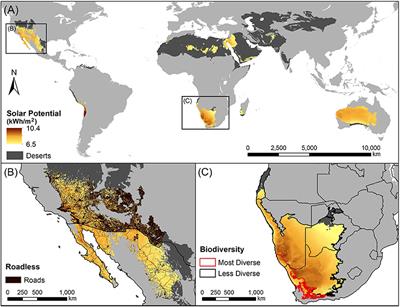ORIGINAL RESEARCH
Published on 27 Feb 2023
Standardized metrics to quantify solar energy-land relationships: A global systematic review
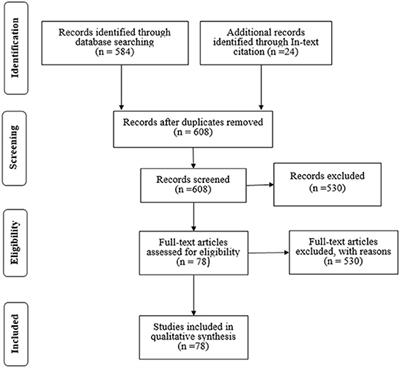
doi 10.3389/frsus.2022.1035705
- 4,104 views
- 11 citations
5,925
Total downloads
33k
Total views and downloads
ORIGINAL RESEARCH
Published on 27 Feb 2023

ORIGINAL RESEARCH
Published on 25 Oct 2022
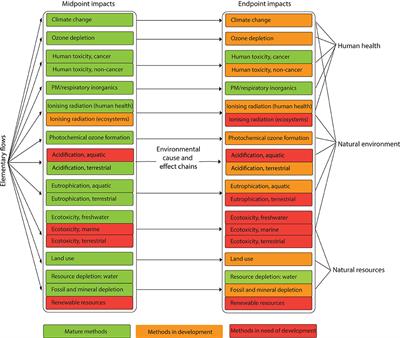
SYSTEMATIC REVIEW
Published on 16 Sep 2022
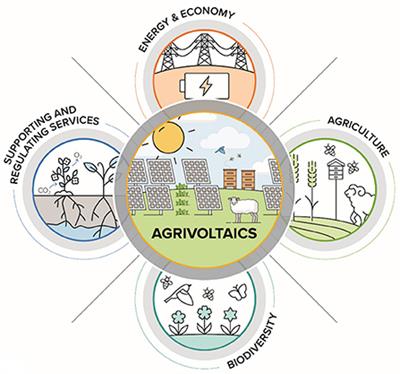
POLICY BRIEF
Published on 25 Aug 2022
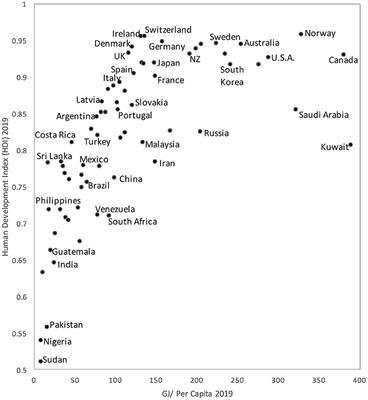
ORIGINAL RESEARCH
Published on 13 Jun 2022
